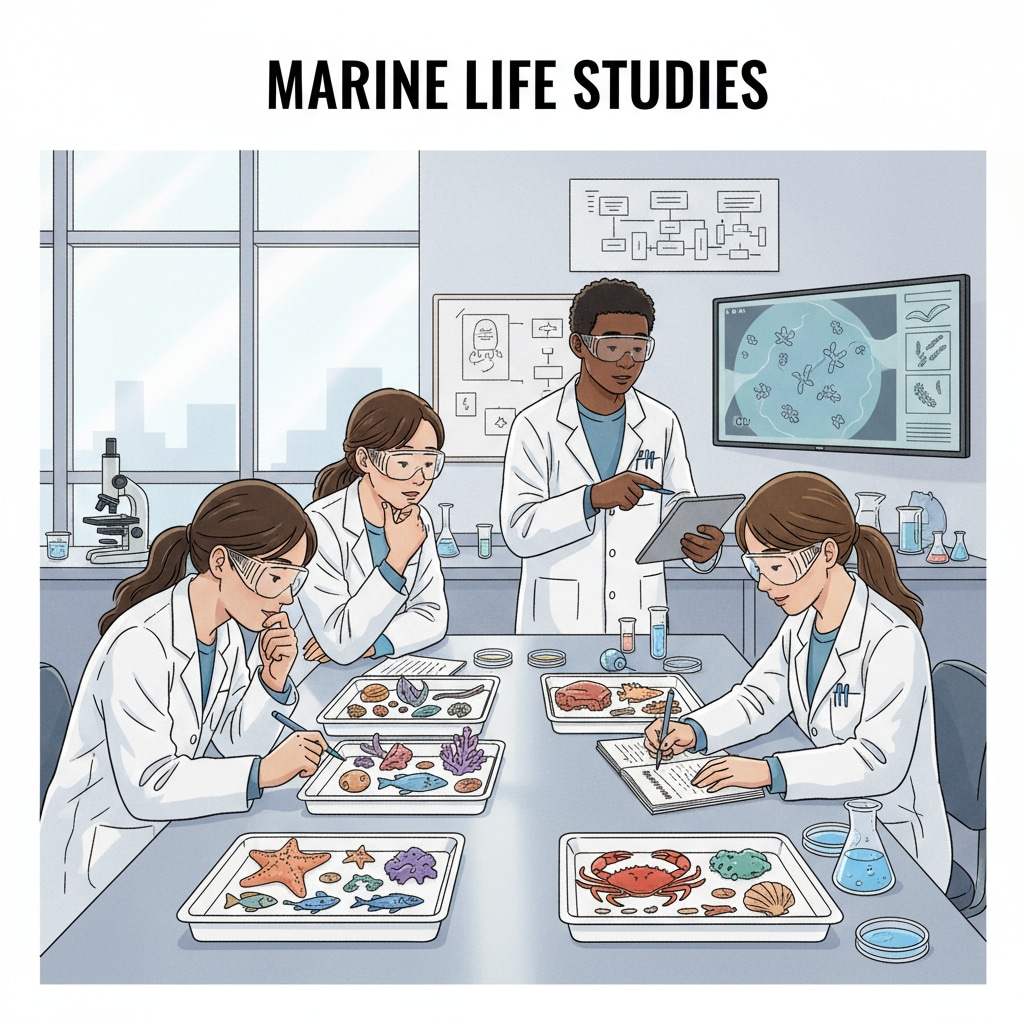Embarking on a journey to pursue a science degree, such as in marine biology, with no prior solid science background might seem daunting. However, it is entirely feasible with the right strategies and determination. In this guide, we will explore how students lacking a science foundation can overcome challenges and thrive in their academic pursuits related to science degrees and marine biology, while also strengthening their basic knowledge.

Understanding the K12 Science Education Gap
For many students who want to pursue a science degree but have a weak science background, the root often lies in the K12 education system. There might be inconsistencies in science teaching across different schools or regions. For example, some areas may not emphasize certain scientific concepts crucial for higher-level studies. As a result, students may enter college ill-prepared. According to Wikipedia’s Science Education page, a standardized and well-rounded K12 science curriculum is essential for building a strong foundation. However, in reality, many students miss out on this crucial groundwork.
Building a Solid Foundation in Basic Science
One of the first steps for non-science-background students is to build a solid base in basic science. This includes brushing up on fundamental concepts in biology, chemistry, and physics. For instance, understanding the basic principles of cell structure in biology is vital for marine biology studies. Students can start by enrolling in introductory courses at a local community college or taking online courses. Platforms like Coursera and edX offer a variety of science courses taught by renowned professors. As stated on Britannica’s Education section, continuous learning and self-study are key to filling these knowledge gaps.

Another effective way is to join study groups or find a study partner. Collaborating with others who are also interested in science can provide different perspectives and make the learning process more engaging. Additionally, reading science books and magazines aimed at a general audience can help in familiarizing oneself with scientific terminologies and concepts in an interesting way.
In conclusion, students with no science background can indeed pursue a science degree, especially in fields like marine biology. By understanding the K12 education gap, building a solid foundation in basic science, and staying motivated throughout the journey, they can turn their academic dreams into reality. With dedication and the right approach, the path to a rewarding science degree is well within reach.
Readability guidance: We’ve used short paragraphs and lists to summarize key points. Each H2 has relevant details and a connection to the overall topic. Passive voice and long sentences are kept to a minimum, and transition words like ‘however’, ‘for example’, and ‘as a result’ are used throughout for better flow.


